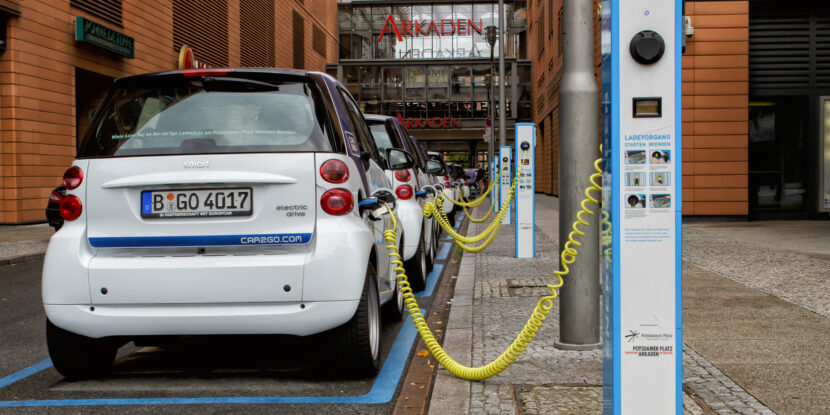PULSE POINTS:
❓What Happened: Discounts on electric vehicles in Germany increased in April, with average markdowns reaching 16.7 percent. The consumer incentives come as the European auto industry is under increasing pressure to boost sales in order to help meet European Union (EU) carbon emissions targets.
👥 Who’s Involved: European auto dealers, consumers, and the European Union.
📍 Where & When: Germany, April 2025.
💬 Key Quote: “In April, the threshold for offering higher discounts on electric vehicles has fallen,” said auto industry expert Ferdinand Dudenhöffer.
⚠️ Impact: The price gap between electric vehicles and conventional cars has narrowed, hinting at a potential artificial upswing in the EV market.
IN FULL:
In Germany, discounts on electric vehicles (EVs) saw a notable increase in April, with the average markdown rising to 16.7 percent, according to automotive expert Ferdinand Dudenhöffer. This marks an increase of 1.8 percentage points from March. Since the beginning of the year, EV discounts have risen by three percentage points, translating to savings of over €1,000 (~$1,135) on typical models.
Dudenhöffer’s analysis focused on online prices for the 20 most popular fully electric cars in Germany. He noted, “In April, the threshold for offering higher discounts on electric vehicles has fallen,” suggesting that further price reductions could be expected in the near future.
The push for increased EV sales is driven by the need for carmakers to meet European Union CO2 targets. Some brands have adjusted their distribution strategies, reviving dealer incentives and promotional campaigns to counter weak demand. In contrast, discounts for traditional internal combustion engine vehicles and plug-in hybrids saw a slight decline in April and have not increased as much as EV incentives since January.
As a result, the price gap between electric vehicles and conventional cars has narrowed to its lowest level since Germany discontinued state-funded EV subsidies. Dudenhöffer believes this could signal a “new upswing driven by more attractive pricing” in the German electric vehicle sector. Following a decline in 2024 due to the expiration of government subsidies, new EV registrations in Germany rebounded in the first quarter of 2025.




















